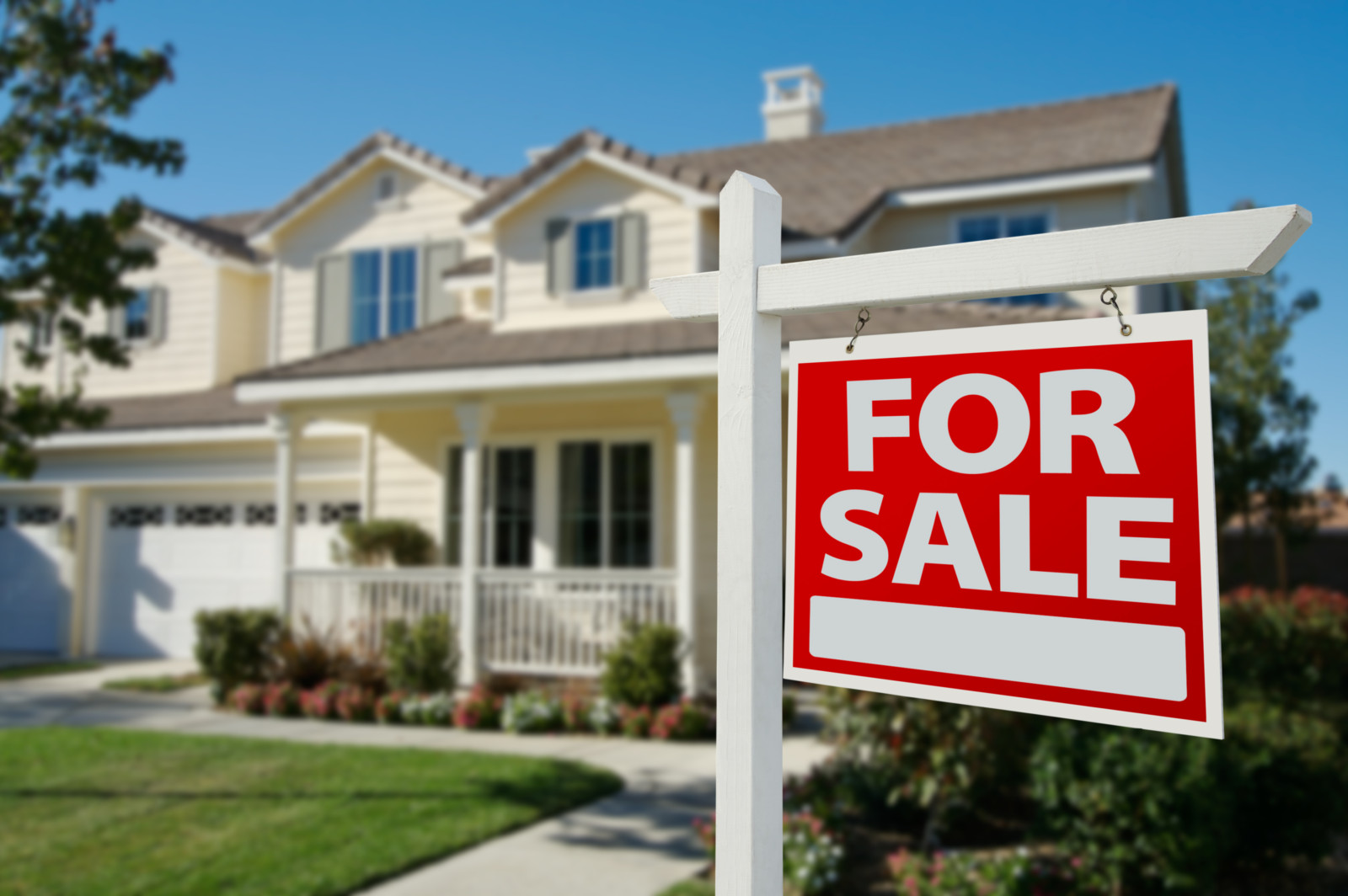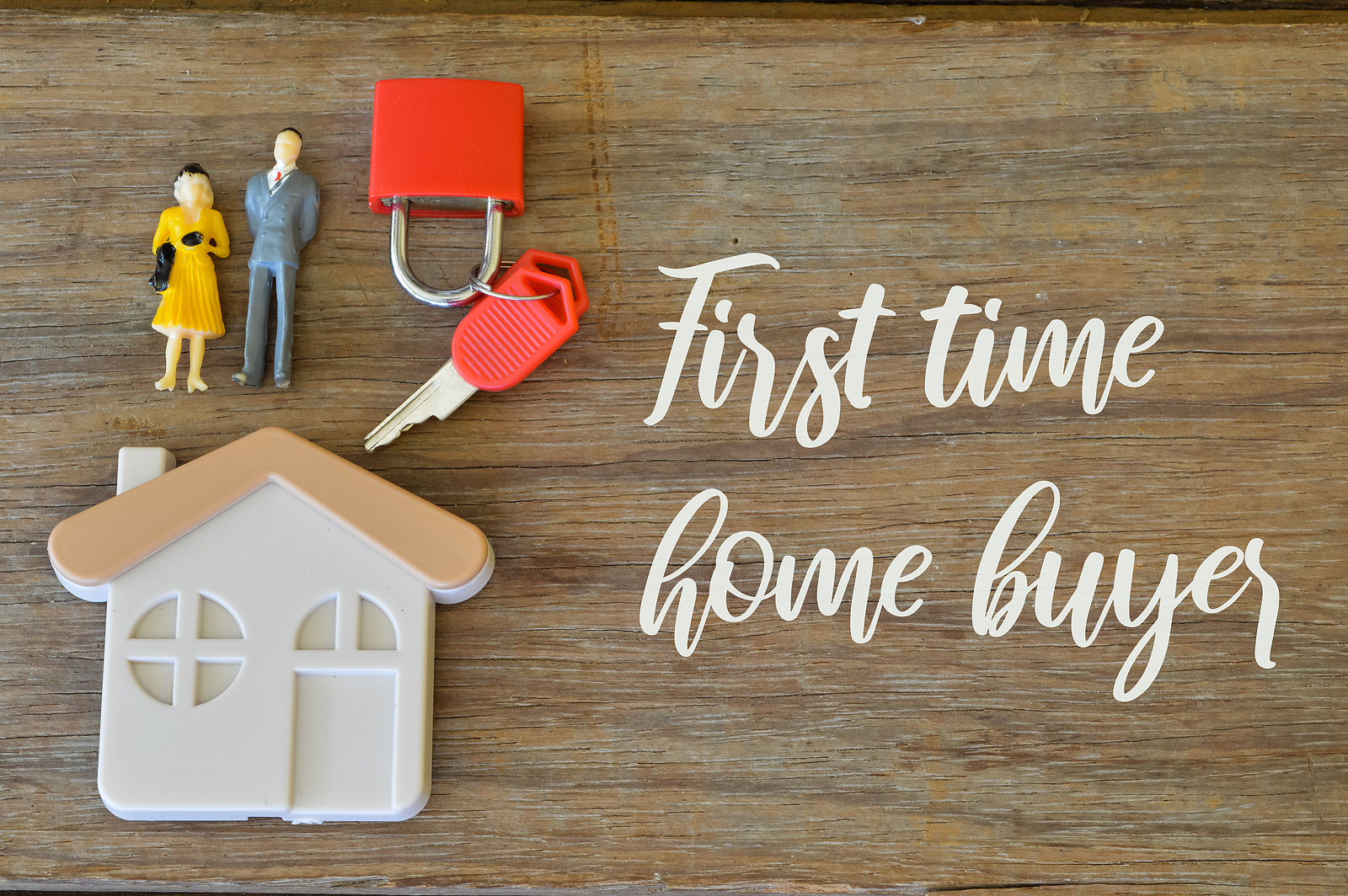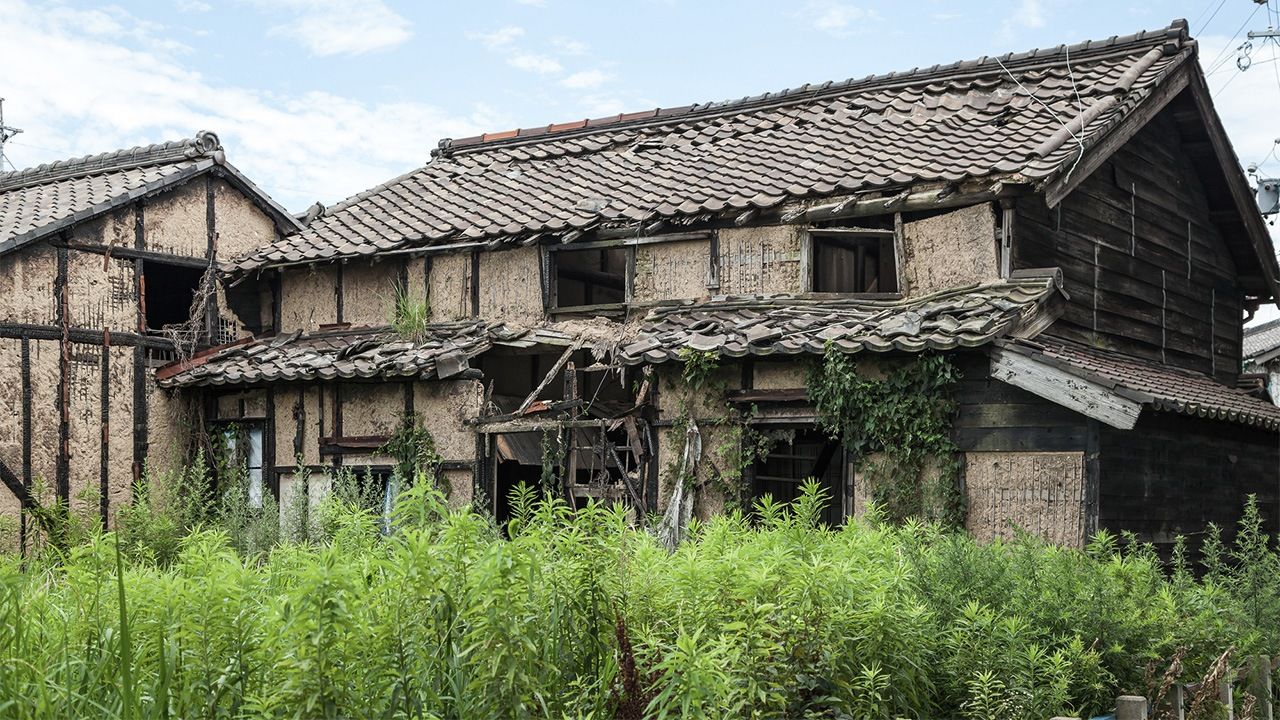
The UK’s housing market is in crisis. Rising mortgage rates and house prices have pushed the dream of homeownership further out of reach for many.
Hundreds of thousands of homeowners would have been forced to pay an average of £240 more a month in mortgage bills if the Bank of England had raised interest rates earlier this year. The prospect of these steep rises drove Rishi Sunak’s decision to call a snap general election, as the former prime minister feared the wrath of homeowners.
 Homeownership is becoming increasingly unaffordable
Homeownership is becoming increasingly unaffordable
The calculation by a former No 10 insider suggests that when looking at the idea of an autumn election, the problem was mortgages and the reality that every month an extra 130,000 people would be moved on to a worse rate. Although inflation was coming down, ministers could hardly tell homeowners it was ok that their mortgage rate had gone from 1.5% to 4.5%, because it could have been 5%.
The decision left many of his own MPs seething - and warning they did not have enough time to build up a large enough local war chest to fight a winnable campaign.
The average homeowner had to fork out £240 a month more, or nearly £3,000 a year, according to the House of Commons library. The Liberal Democrats, who obtained the figures last month, said Mr Sunak faced a ‘blue wall reckoning’.
Mortgage rates have soared in recent years
Despite falls in inflation, the Bank of England maintained interest rates at 5.25% earlier this year. Experts have warned that millions of households across the country are struggling with huge mortgage bills after the average two-year fixed rate jumped to more than 6%, although it has since fallen.
First-time buyers are also being squeezed out of the market. Property website Rightmove has done some calculations which suggest the average first-time buyer mortgage payment has risen by 61% since the last General Election year of 2019, from £667 to £1,075 per month.
 First-time buyers are struggling to get on the ladder
First-time buyers are struggling to get on the ladder
Rises in mortgage rates as well as house prices have also had an impact on monthly mortgage costs. Last week, the Bank of England base rate remained on hold but with Consumer Prices Index (CPI) inflation having slowed to its 2% target, a base rate cut is still expected on the horizon.
Tim Bannister, Rightmove’s property expert, said: ‘As rates have increased over the last five years, the amount that a typical first-time buyer is paying each month on a mortgage has outstripped the pace of earning growth.’
The findings were released as Zoopla (another property website) found that building more affordable homes, tackling homelessness and rough sleeping and reducing the number of empty homes were ranked by people as the top housing priorities for the next government.
Richard Donnell, executive director at Zoopla, said: ‘British voters have high expectations from a new government on housing. The overarching response is: ‘Build more homes, but other things matter too’.
It is clear that voters are aware of the pressures on the housing market with reducing homelessness and rough sleeping and doing more to reduce empty and under-utilised homes in the top three priorities.
 Empty homes are a major issue in the UK
Empty homes are a major issue in the UK
The UK’s housing crisis is a complex issue with no easy solutions. But one thing is clear: something needs to be done to make homeownership more affordable for all.















